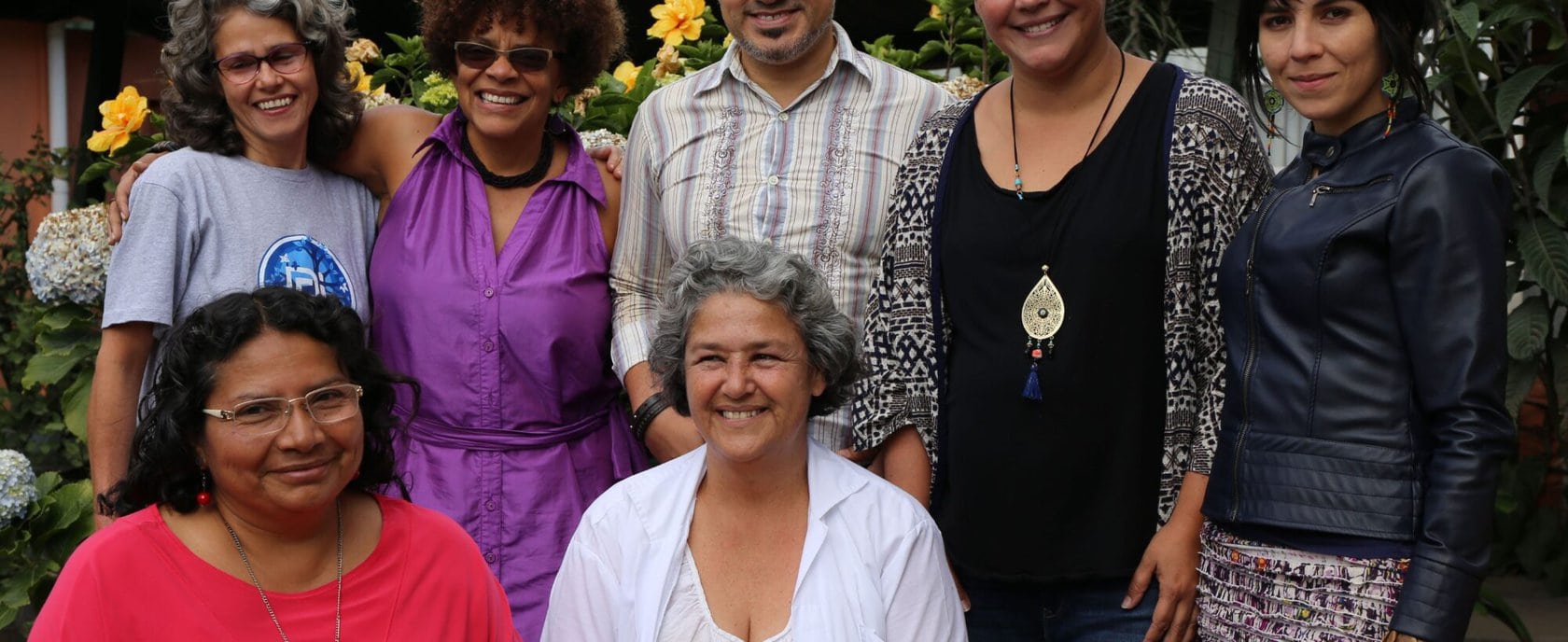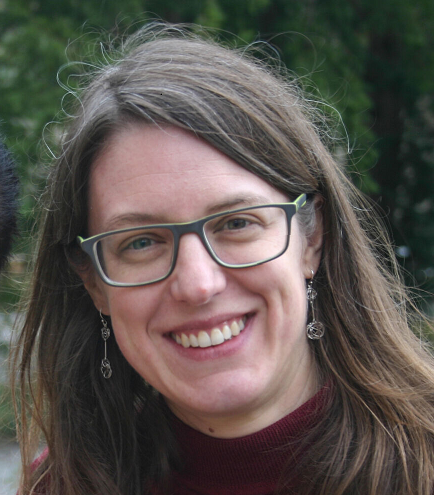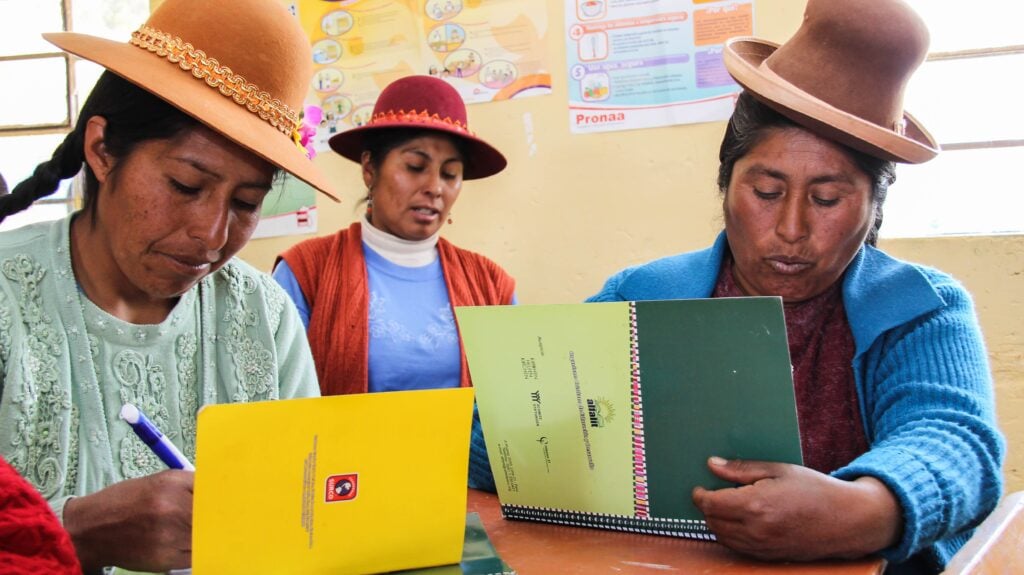
DEI, Ecumenical Research Department
The Ecumenical Research and Formation Center "Departamento Ecuménico de Investigaciones" (DEI) in San José, Costa Rica, works in the areas of education, research and publications. The starting point is the conviction that theology must be in exchange with other fields of knowledge. The seminars deal with interdisciplinary questions from theology, economics, environmental and social sciences. DEI addresses members of church and non-church grassroots groups and provides them with skills through which they can actively participate in social change processes.
In Latin America, the liberation theology movement in the 1960s formulated the demand for a church that advocates for the poor and for those excluded from society. This idea was extended at the end of the 20th century to women, indigenous and Afro-American groups, small farmers and the landless. Liberation-theologically oriented circles of the church showed solidarity with the social movements and shared the conviction: Theology should not only deal with the Bible and the church, but must be in a living exchange with the everyday challenges of the people, as well as in an interdisciplinary dialogue with sociology, economics and anthropology. This is where the work of DEI comes in: The organization engages with members of grassroots church groups who are active in the indigenous, youth or landless movements, in peasant protests or in the movement critical of globalization. In doing so, DEI takes into account the political and ethical challenges faced by the impoverished and marginalized majority of the population in Central and South America. The pandemic-related global sanitary emergency led DEI to open its premises in April 2020 to some 40 migrants, refugees and asylum seekers and to offer its courses online. This also marked the beginning of a new work at Casa DEI. In addition to basic services: Food and shelter, as well as accompaniment in migration and health procedures, the DEI provided psychosocial accompaniment with the help of a new specialist, and educated under strict hygiene precautions the approximately 40 migrants, refugees and asylum seekers in human rights and spirituality issues, or have supported them in finding work and online school (children). In the new program phase 2022-2025, in addition to the courses in Bible reading, DEI will transform CASA DEI into a refuge for (politically) persecuted human rights defenders and environmental activists.






